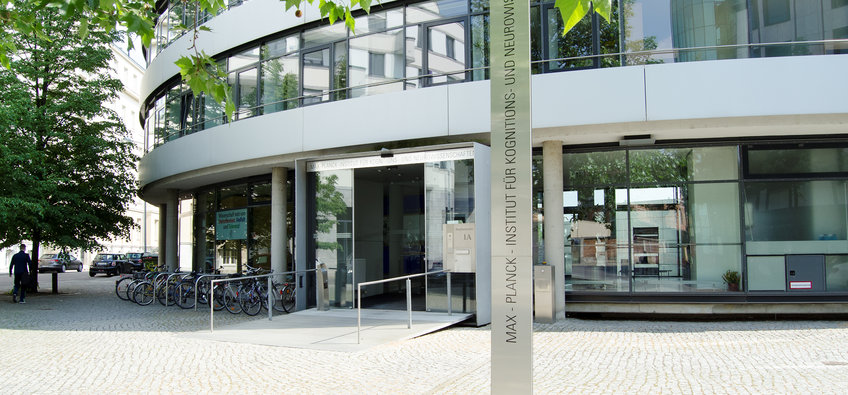
Max Planck Institute for Human Cognitive and Brain Sciences
The aim of the Max Planck Institute for Human Cognitive and Brain Sciences in Leipzig is to investigate human cognitive abilities and brain processes. The main focus of the research is on the neuronal basis of higher functions of the brain such as speech, music, and action. To this end, the scientists’ primary interest focuses on how these are perceived, processed, planned, and generated, as well as how perception and generation influence each other. They also investigate the plastic changes to the brain after strokes, and how these affect different cognitive abilities. The Department of Neurophysics, which was established in early 2007, is specifically concerned with the use and development of imaging methods for the neurosciences.
Contact
Stephanstr. 1 a04103 Leipzig
Phone: +49 341 9940-00
Fax: +49 341 9940-221
PhD opportunities
This institute has an International Max Planck Research School (IMPRS):
IMPRS on Cognitive NeuroImagingIn addition, there is the possibility of individual doctoral research. Please contact the directors or research group leaders at the Institute.








